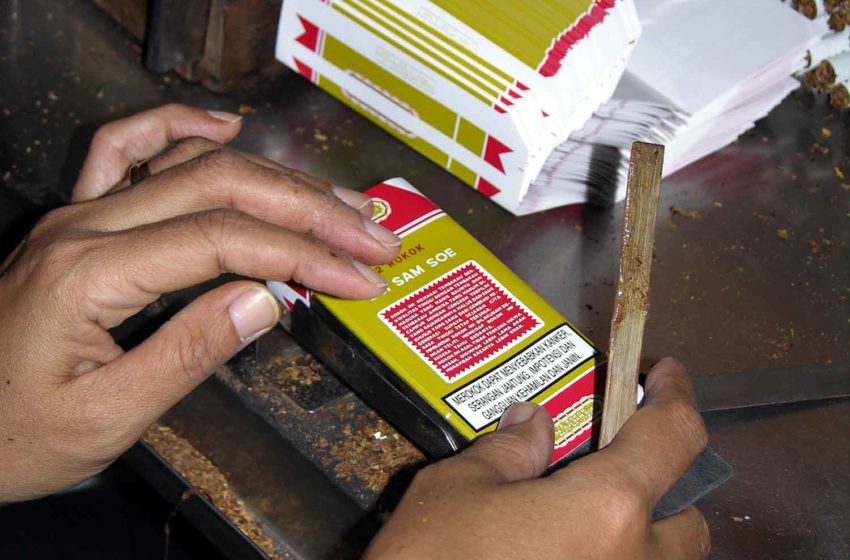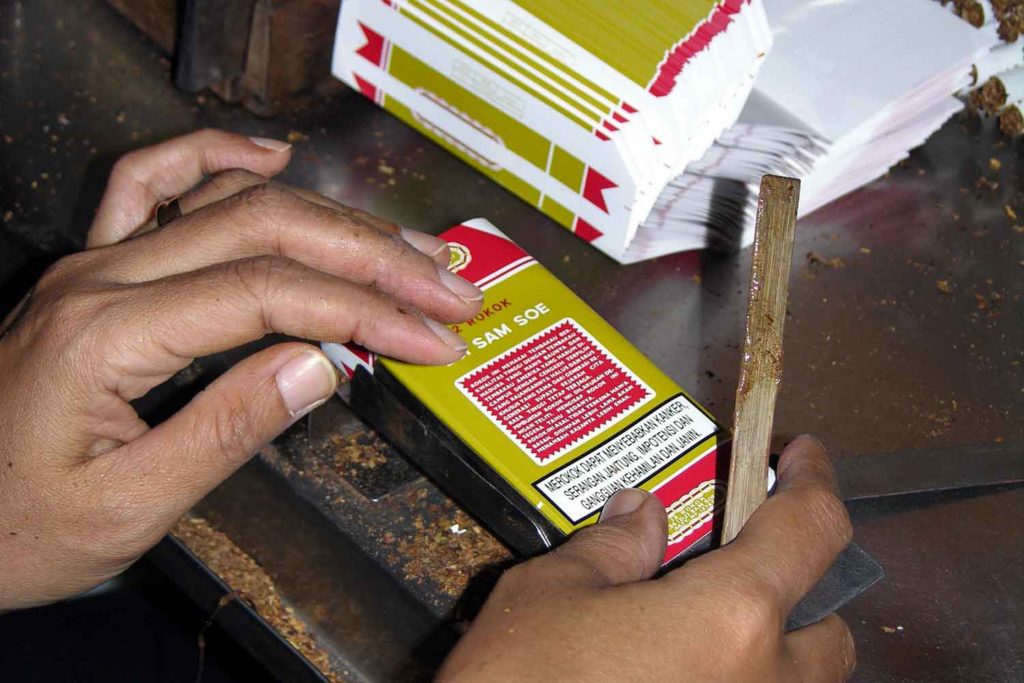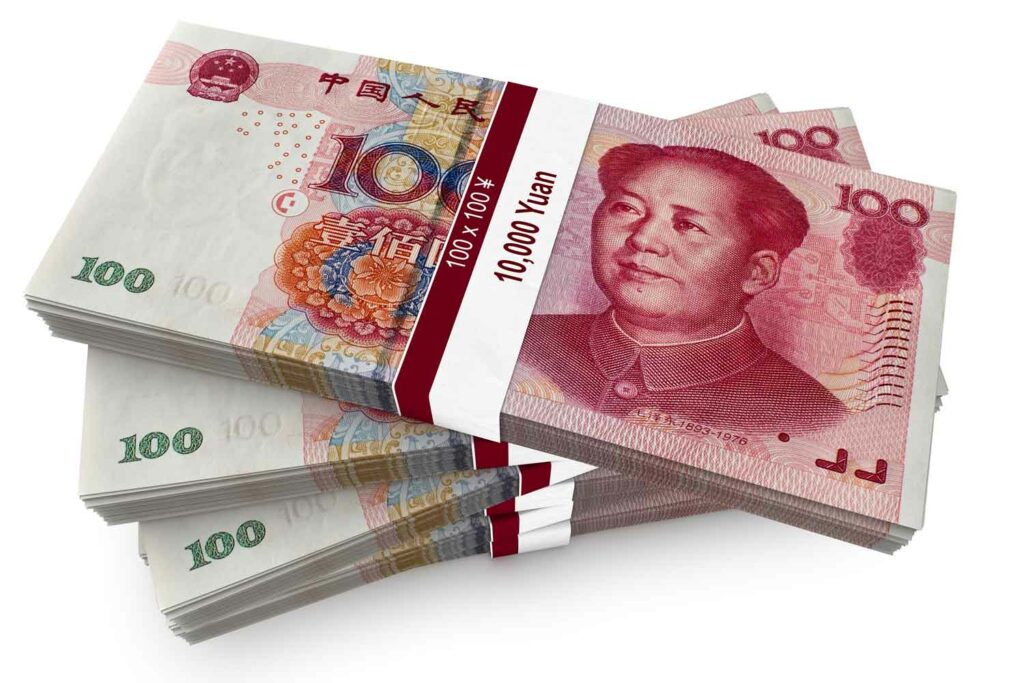Dockery spent much time determining how morals would influence her strategy and then developed some rules to guide her decisions. Good investments, she argues, have founders and leaders who are ethical and honest. Good vice products, meanwhile, are created for, marketed to and consumed by consenting, responsible and understanding adults who have power over their decisions. According to Dockery, good vice companies care about their customers and have real-world expectations for their behavior while good vice products inform users how consumption may affect them.
Evaluated against these criteria, investing in reduced-harm nicotine products, with cigarettes killing over 480,000 Americans each year, according to health groups, is a logical and ethical step. “There is significant research suggesting that having flavored recreational options available to adult smokers is a useful public health tool,” says Dockery. “Vice Ventures is quite active in investing in early-stage nicotine companies, including both recreational products that require premarket tobacco product application (PMTA) approval and nicotine-replacement therapy (NRT).”
The first startup Vice Ventures financed in the nicotine sector was Lucy Goods, a Nevada-based manufacturer of recreational and NRT oral nicotine products. Lucy Gums, the company’s nonmedical flagship product, is advertised as an upgraded version of the classic nicotine gum, coming with “stronger flavors, better texture and packaging you don’t have to be a rocket scientist to open.”
A behavioral study, published in Harm Reduction Journal in January, concluded that Lucy Gums helped prevent nicotine cravings among participants, did not appear to attract those who never used tobacco products and had low potential to promote nicotine relapse among former tobacco users. Results suggested minimal appeal to youth, and there was no evidence that Lucy Gum flavors appealed more to young adults than to older adults. “The fact that Lucy appeals to people who smoke, regardless of their intent to quit smoking, highlights the potential of Lucy to reach more adult tobacco users than medicinal NRT products and to facilitate their transition to less harmful alternatives,” said Lucy Goods’ co-founder and CEO, David Renteln. With a 0.3 percent reduction in population-level smoking rate projected for a 2.3 percent quitting rate, current smoking cessation methods show limited effectiveness.
“While not a cessation product, Lucy is positioned in a crucial middle ground, targeting nicotine users who want to address the harms of consumption, consume nicotine in new and enjoyable ways, and potentially, in the future, work toward reducing consumption,” Dockery says. In May 2022, Lucy Goods submitted PMTAs for 42 nicotine products.
Vice Ventures also led the financing of Qnovia’s Series A funding in 2022. The Richmond, Virginia-based startup raised $17 million, which it said it would use to move forward an investigational new drug submission to the U.S. Food and Drug Administration and begin human clinical trials for its NRT drug candidate.
Qnovia has developed RespiRx, a handheld, pocket-size atomizer capable of producing vapor without heat, which the company hopes will become the first FDA-approved, prescription-only inhalable NRT solution (see “High-Tech Quitting,” Tobacco Reporter, March 2023). In late 2023, trial results showed that the drug delivery platform had an “exceptional” pharmacokinetic profile compared to existing NRTs.
Qnovia claims it has the potential to fill the void for more effective pharmacotherapies and NRTs, as traditional treatments fail to deliver nicotine rapidly, which is crucial when trying to alleviate withdrawal symptoms.
Chicago-based Black Buffalo, another company partially funded by Vice Ventures, has created a moist smokeless tobacco alternative based on nicotine-infused edible leaves from the cabbage family. According to Black Buffalo, the leaves’ properties are similar to those of tobacco in terms of texture, aroma, color and flavor. While smokeless tobacco products, such as dip, snuff and chewing tobacco, remain popular in the U.S., with sales reaching $4.98 billion in 2022, according to the Federal Trade Commission, societal attitudes toward oral nicotine use have been shifting. Black Buffalo’s products are aimed at moist smokeless tobacco consumers migrating away from traditional tobacco products.




















